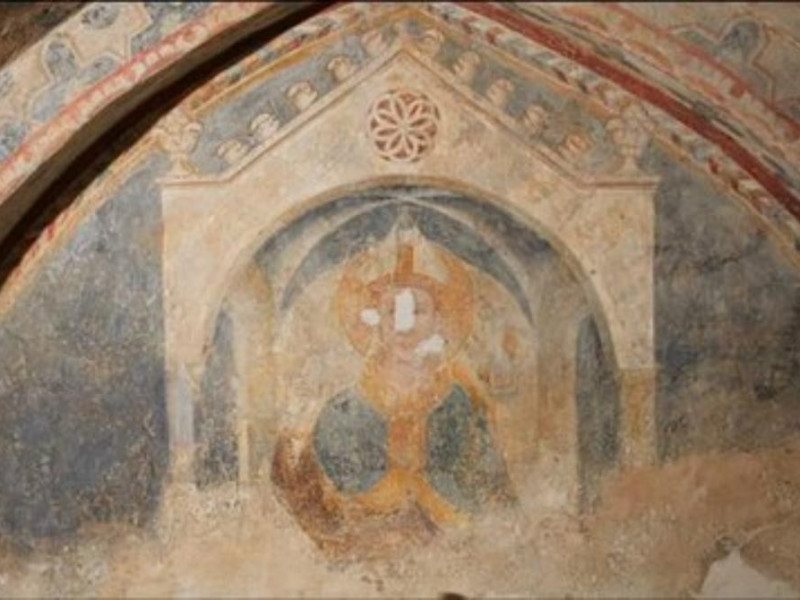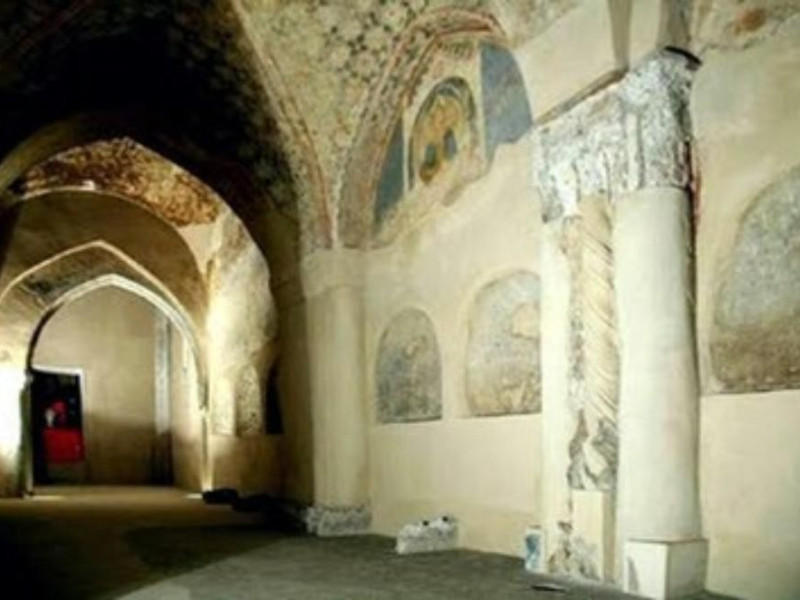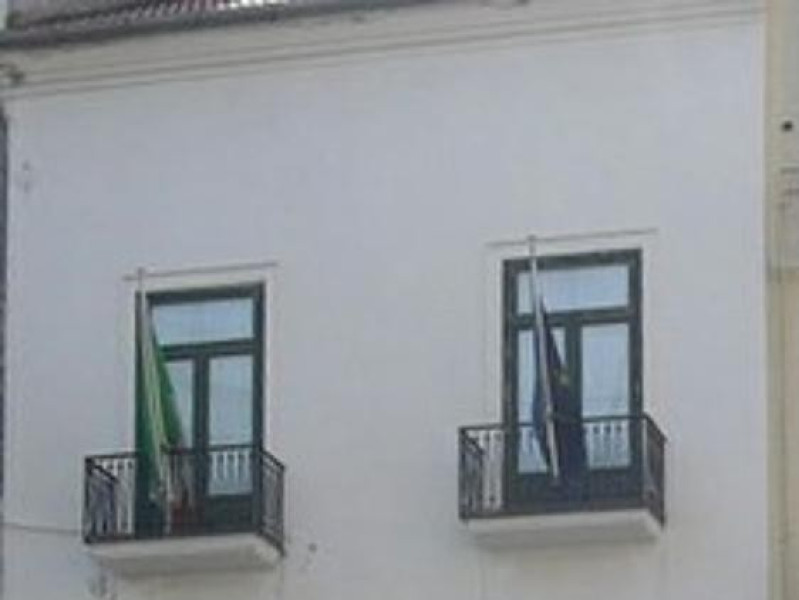Archivio di Stato di Salerno
Established in 1934, is housed in what was for centuries the Palace of Justice. From 1637 in fact, inside there, housed the Royal Audience, a judiciary with a judicial, administrative and military from the Aragonese period. After the collapse of the Bourbon regime, with the advent of Napoleon's, the Royal Audience was suppressed and it took over other courts. The palace was chosen as the seat of the Court of First Instance of the High Criminal Court, who had inherited the powers of the Royal Audience. As the seat of the High Criminal Court, the palace was the scene of numerous processes, which were followed by episodes of insurrection during the Risorgimento, the riots of 1820, those of '48 and the Shipping of Sapri. Inside, there is still a small cell, where there were held prisoners awaiting trial, which has been prisoner also Nicotera after the Shipment of Sapri. Even after the unification of Italy, the building kept its target and housed the Civil and Corrections Court, that had inherited the powers of the High Criminal Court and Civil Court of the Bourbon period. On the ground floor, thanks to some renovation completed in 2009, is open to the public the Chapel of St. Louis, known for a fresco depicting the Franciscan Saint son of Charles II of Anjou. All the frescoes unearthed date back to the thirteenth century. The heritage of the State Archives of Salerno keeps records of the judiciary peripheral state (the Kingdom of Naples, then the Two Sicilies, the Kingdom of Italy and of the Italian Republic) established within the province; approximately one hundred thousand pieces of paperwork and more than a thousand scrolls, about twenty-four thousand volumes. In correspondence of the organs of the State, it must add the notarial protocols, some private archives and documentation, partly on paper and partly membranous, some suppressed religious corporations. The Institute also houses a part of the Archive of teh Almo Collegio Medico Salernitano", from the end of the fifteenth century to the early nineteenth century. There is also submitted documentation from both the provincial administration from the town of Salerno and other municipalities in the province. The Institute also has a large library, partly the result of the annual acquisitions, due in part to donations and deposits by individuals, such as the bottom Avallone, the fund Bilotti, and the bottom Carrano Silvestri. The documents issued by the State Courts is due in three periods, related to the institutional history of the province of Salerno: the first period corresponds to the ancient regime that goes up to 1806, at the moment it keeps the correspondence of the local courts and the Provincial Royal Audience, to which must be added the onciario; the second period, covers both the French decade, is the restoration, this belong the bottom of the Inland, the fund Giudicature di Pace, the State property fund Acts, the Land Registry Murat; the third period is that following the unification of Italy, in this period of radical institutional transformation belong to the Archives of the Prefecture, the Acts of the Cabinet and Administrative acts of Subprefectures Country of Sala Consilina and Vallo della Lucania, the acts of the Civilians and Correctional Courts, the Archive of the Revenue, the Archive of Civil Engineers, the fund Local Education Authority. The documentation does not come from government, it can be broken down as follows: notarial protocols, volumes that contain the deeds drawn up by notaries; municipal archives, which is not required to be part of the documentation normally kept in the State Archives are kept to protect them from disturbance or damage; of the provincial archives containing a large chart of just under a thousand pieces, resolutions and minutes of meetings of the Board and the Provincial Council; archives of religious containing papers belonging to the monasteries and other religious bodies deleted; private archives, documentation of happy families or people of particular importance, received at the Archive for donation, for storage or for purchase; archive of the medical college, the only fund kept at the State Archives of Salerno concerning the education of university level.



